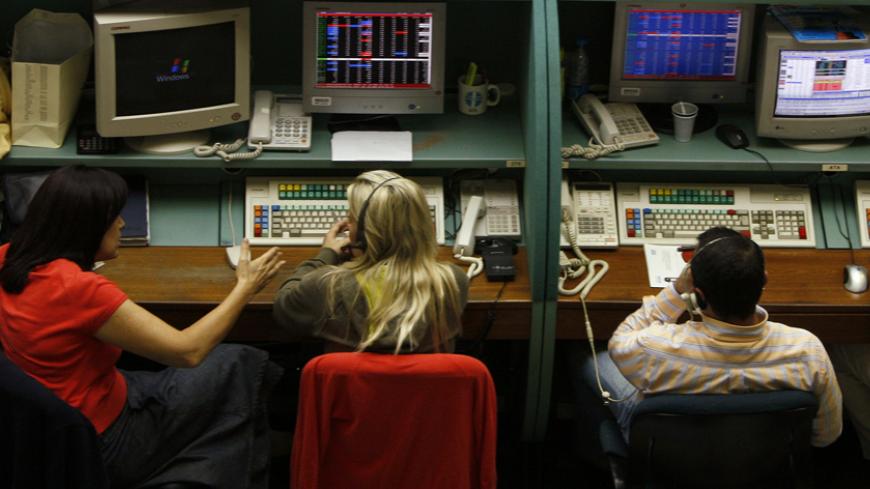In 2014 in Turkey, the stock market outdid other investment tools in terms of profits. The Istanbul bourse’s main index closed the year at an all-time year-end high and became the world’s fifth-most profitable stock exchange. The BIST-100 index, which stood at 67,801 points at the end of 2013, rose by 26.43%, to close the year at 85,721 points. Argentina’s stock exchange was the most profitable in 2014 with a 59.13% increase, followed by China with 52.86%, Egypt with 31.6% and India with 29.89%.
At the end of 2013, a dollar was worth 2.13 Turkish lira, and a euro was worth 2.94 Turkish lira, compared to 2.33 Turkish lira per dollar and 2.83 Turkish lira per euro at the end of 2014, meaning the dollar rose 9.4%, while the euro declined by about 3.9%. On the gold market, a gram of 24-carat gold bar was worth 89.7 Turkish lira at the end of 2014, up 6.53% from 84.2 Turkish lira at the end of 2013. Meanwhile, the ounce price declined from $1,205 at the start of 2014 to $1,184 at year's end. The difference between the bar and ounce prices stemmed from the Turkish lira’s depreciation against the dollar on the domestic market.



